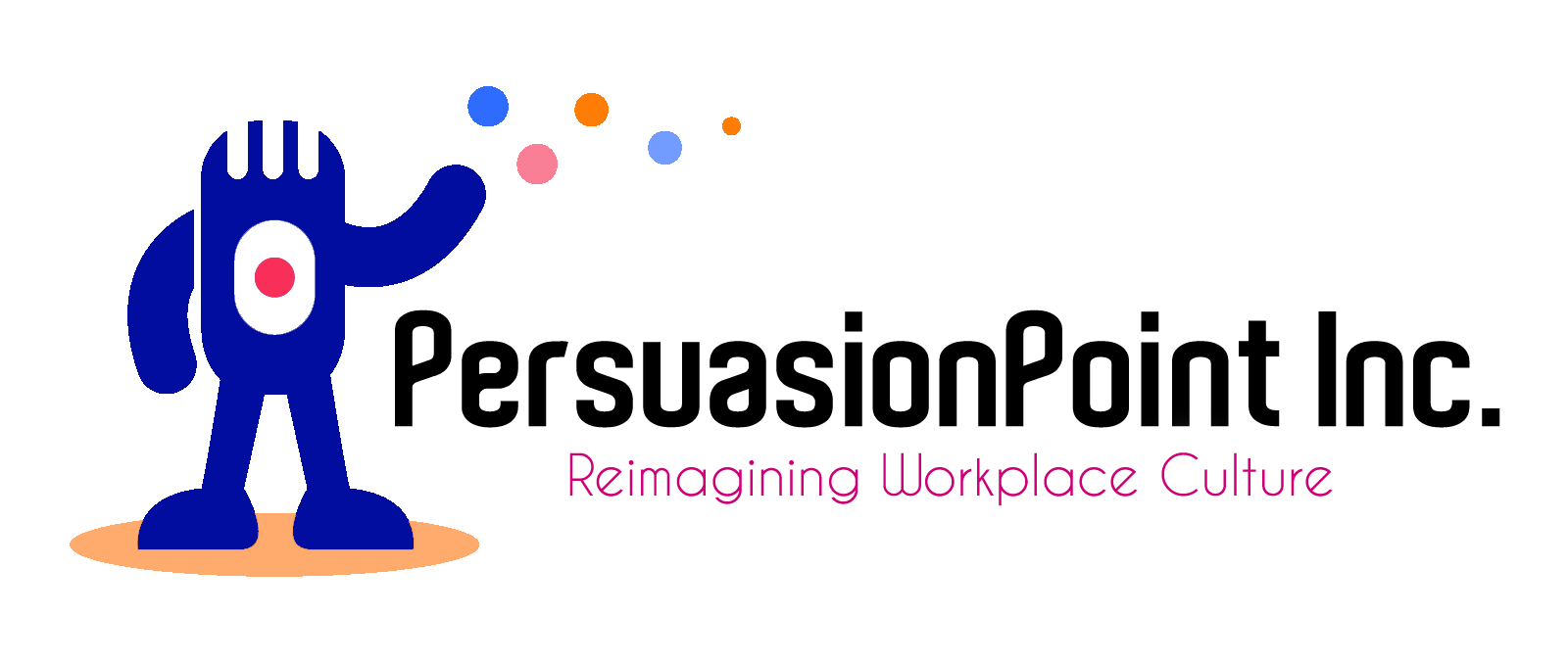Something that comes up time and time again in the Diverse Rising Leaders Academy workshop is the term “imposter syndrome”, and we’ve been lead astray by the phrase and concept.
Too many of us experience it, and it’s becoming a large barrier to professional (and personal) growth for new and experienced workplace leaders, specifically those who are women. Here’s why:
- Wrong focus: The term directs our view toward “fixing” women, people of color, etc., rather than fixing the places where these employees work (removing structural barriers).
- Incomplete: Even when women demonstrate strength, ambition, and competence, expectations and assumptions formed by stereotypes and bias often push us down. “Imposter syndrome” as a concept fails to capture this dynamic and puts the onus on women to deal with the effects.
- Problematic language: “Imposter” implies something fraudulent when in reality we are simply feeling unsure or anxious (about learning a new skill, joining a new team, etc.). Add to that the medical undertone of “syndrome” which recalls the “female hysteria” diagnoses of the 19th century. As a result, many mental health providers are stepping away from using this term.
- Stops people from progressing: “I’m lucky to be here so I shouldn’t push it.” Takes a fairly universal feeling of discomfort and mild anxiety in the workplace and pathologizes it, especially for women. As white men progress, their feelings of doubt usually abate as their work and intelligence are validated over time. They’re able to find role models who are like them, and rarely (if ever) get questioned about their competence, contributions, or leadership style. Women experience the opposite.
- Perpetuates unequal recognition and reward: The same systems that reward confidence in male leaders, sometimes irrespective of their actual competence, punish women for lacking confidence, or paradoxically for showing too much of it, and sometimes for demonstrating it in a way that’s deemed unacceptable.
The answer to overcoming imposter syndrome is not to “fix” individuals but to create an environment that values a variety of leadership styles and in which diverse racial, ethnic, and gender identities are seen as just as professional as the current model.
Imposter syndrome is especially prevalent in toxic cultures that value individualism and overwork. Yet the “fix women’s imposter syndrome” narrative has persisted, decade after decade.
So, if it’s not the responsibility of the individual to fix their “imposter syndrome”, what can they do? In the Diverse Rising Leaders Academy, we continue to share these tips with the brilliant groups we work with:
Practical Tips for Imposter Syndrome
1. Create a brag sheet:
- Make a list of your professional and personal achievements, strengths, accomplishments
- Education and training: what strengths do you have, what do you want to develop?
- If there are gaps, how do you fill them?
- Ask others about your unique strengths (and collect testimonials)
- Develop a self-coaching plan and also find a mentor/sponsor
- Set short- and long-term goals and review them periodically
2. Recruit and rely on your own Board of Directors:
- A group that provides professional (as well as personal) social support
- The people we are comfortable asking for help, support, advice
- Not transactional, not necessarily only people who are older, more experienced
- Your Board could be younger colleagues with new perspectives or skills, or peers with whom you can share goals, commiserate and share information
Leaders must create a culture for women, people of color and other from marginalized groups that addresses systemic bias. Only by doing so can we reduce the experiences that culminate into so-called “imposter syndrome” among employees from marginalized communities. We must help employees channel healthy self-doubt into positive motivation, which is best fostered within a supportive work culture.
Additional Resources

About PersuasionPoint
Patti Perez is founder and CEO of PersuasionPoint, a modern-day consulting firm dedicated to teaching leaders and teams how to create and sustain healthy, equitable and inclusive workplace cultures. Patti is the best-selling, award-winning author of The Drama-Free Workplace (Wiley 2019), and draws from the book’s themes to provide practical, authentic, and action-oriented solutions to help companies achieve true diversity and equity, and to create environments of belonging and inclusion.
Patti and the team provide services specifically tailored to address workplace struggles with recruiting, retaining, promoting and fully valuing diverse employees – including consulting, leadership training, and boot camps for diverse attorneys who are emerging leaders.
Contact Patti here or email her directly at Patti@PersuasionPoint.com.
















